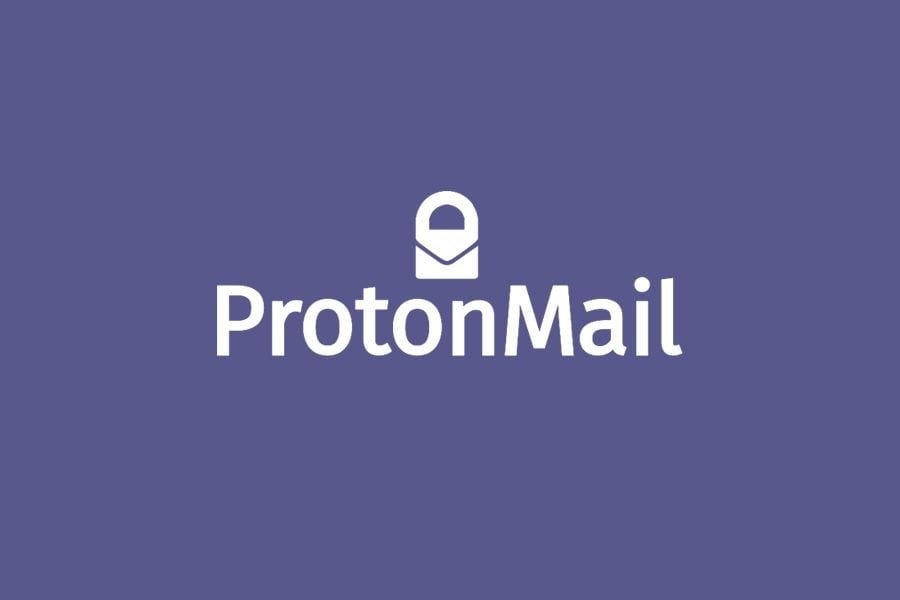Exposing PimEyes:
A Spotlight on Questionable Opt-Out Practices and Privacy Violations
In the digital age, safeguarding personal privacy is paramount. However, facial recognition platforms like PimEyes are drawing increasing scrutiny for their troubling opt-out practices. Despite claiming to empower users to regain control over their online presence, PimEyes’ actual processes paint a different picture—one of obfuscation, denial, and lack of accountability. This blog delves into PimEyes' questionable practices, providing insight into their operations and the growing outcry against their policies.
What is PimEyes?
PimEyes is an online facial recognition and search engine that scans the internet for publicly available images. Marketed as a tool for personal data protection, it enables users to monitor where their images appear online. However, the platform's opt-out system—designed to remove unwanted images—has been widely criticized for being unreasonably difficult to navigate.
The Opt-Out Problem
PimEyes offers a mechanism for users to remove their photos from its database, but numerous reports indicate the process is riddled with hurdles:
Ambiguous "Discrepancies" in Opt-Out Requests:
Users like Rory Joseph Bernier have shared correspondence from PimEyes stating, “Your opt-out request cannot be completed due to some discrepancies in your data. Please double-check your information according to our guidelines and resubmit your request.” This vague feedback leaves users unsure how to proceed, effectively trapping their data on the platform.ID Verification Challenges:
PimEyes requires government-issued identification to process opt-out requests. While users may redact sensitive details for security, requests are often denied without explanation. Moreover, for minors or individuals without ID, there’s no clear path for image removal, as highlighted in cases involving photos of children.Misleading Public Claims:
PimEyes proudly tweets about their success in handling “over 200,000 photo takedowns,” but these public-facing statements clash with user experiences. Social media is flooded with complaints about the platform denying opt-out requests while offering little transparency or recourse.
Legal Concerns and Shifting Headquarters
PimEyes' operations raise significant legal and ethical concerns:
Frequent Relocation: The company has changed its headquarters multiple times, previously based in Poland and the UK before registering in Tbilisi, Georgia. This shifting base complicates accountability and jurisdictional oversight.
Opaque Registration: Even searching for PimEyes in the Georgian National Agency of Public Registry database using the Georgian script (პიმაიზი) yielded no results, according to privacy advocate Daniel Brummitt.
These tactics suggest a deliberate strategy to evade scrutiny, making it harder for users and regulators to hold PimEyes accountable.
The Growing Backlash
Organizations and individuals worldwide are taking action:
Big Brother Watch’s Legal Complaint: The UK-based civil liberties group recently filed a formal complaint against PimEyes, citing violations of GDPR and other privacy laws. Their press release highlights concerns about the platform's lack of transparency and potential for abuse.
Social Media Outrage: Privacy advocates like Daniel Brummitt and Rory Joseph Bernier have taken to Twitter to amplify concerns, with tweets such as, “How can businesses claim to protect client privacy when platforms like PimEyes make it impossible to opt-out?”
What Needs to Change?
For PimEyes to truly align with its stated mission of empowering users, several critical reforms are necessary:
Transparency in Opt-Out Denials:
If requests are denied, PimEyes must clearly explain the “discrepancies” and provide actionable steps for resolution.Accessible Opt-Out Options:
Individuals without government-issued IDs—such as children—must have a pathway to remove their images from the platform.Regulatory Oversight:
Agencies like the FTC and European Data Protection Board (EDPB) must investigate PimEyes’ practices to ensure compliance with privacy laws.
What Can You Do?
If you’ve encountered difficulties with PimEyes, here are steps you can take:
File a Complaint:
FTC: Use the FTC Complaint Assistant.
Better Business Bureau (BBB): Submit your concerns here.
European Data Protection Board (for EU residents): Submit a complaint.
Join the Conversation:
Share your experience on social media using hashtags like #PimEyes, #DataPrivacy, and #FacialRecognition. Amplifying awareness can prompt further action.Contact Regulators:
For users in Georgia, reach out to the Georgian National Agency of Public Registry (NAPR):
Phone: +995 32 2 405 405
Email: [email protected]
Final Thoughts
PimEyes represents a growing challenge in the intersection of technology and privacy. While tools like these can serve legitimate purposes, they must operate within ethical and legal boundaries. The mounting backlash against PimEyes is a call to action—not just for the company to improve its practices but for regulators, advocacy groups, and users to demand accountability in the digital age.
Have you had experiences with PimEyes? Share your story and help push for a more privacy-conscious internet.
Your Car Can Keep Collecting Your Data After a Judge Dismissed a Privacy Lawsuit
The method used to intercept text messages and call logs in the context of the lawsuits against automakers appears to be through the vehicles' infotainment systems.
The Struggle for Privacy:
In today’s world, managing personal information has become increasingly complicated. There was a time when individuals could easily opt out of data broker websites, using simple lists and forms to remove their information. But now, people are faced with more complex systems, with numerous barriers preventing them from fully reclaiming their privacy.
ProtonVPN Users Face Blocking Issues
Many ProtonVPN users have voiced frustrations about legitimate websites being blocked. While ProtonVPN’s DNS filtering is designed to protect against malicious activity, the absence of a whitelisting feature has left users frequently toggling their VPN off to access trusted sites.
The Best Routers for Every Need:
In today's world, internet security is more important than ever, and FlashRouters has made it their mission to provide top-tier, VPN-ready routers that protect your online privacy and secure your devices—whether you're at home, on the road, or in the office. With a wide variety of routers to suit every need, FlashRouters has something for everyone. Let’…







